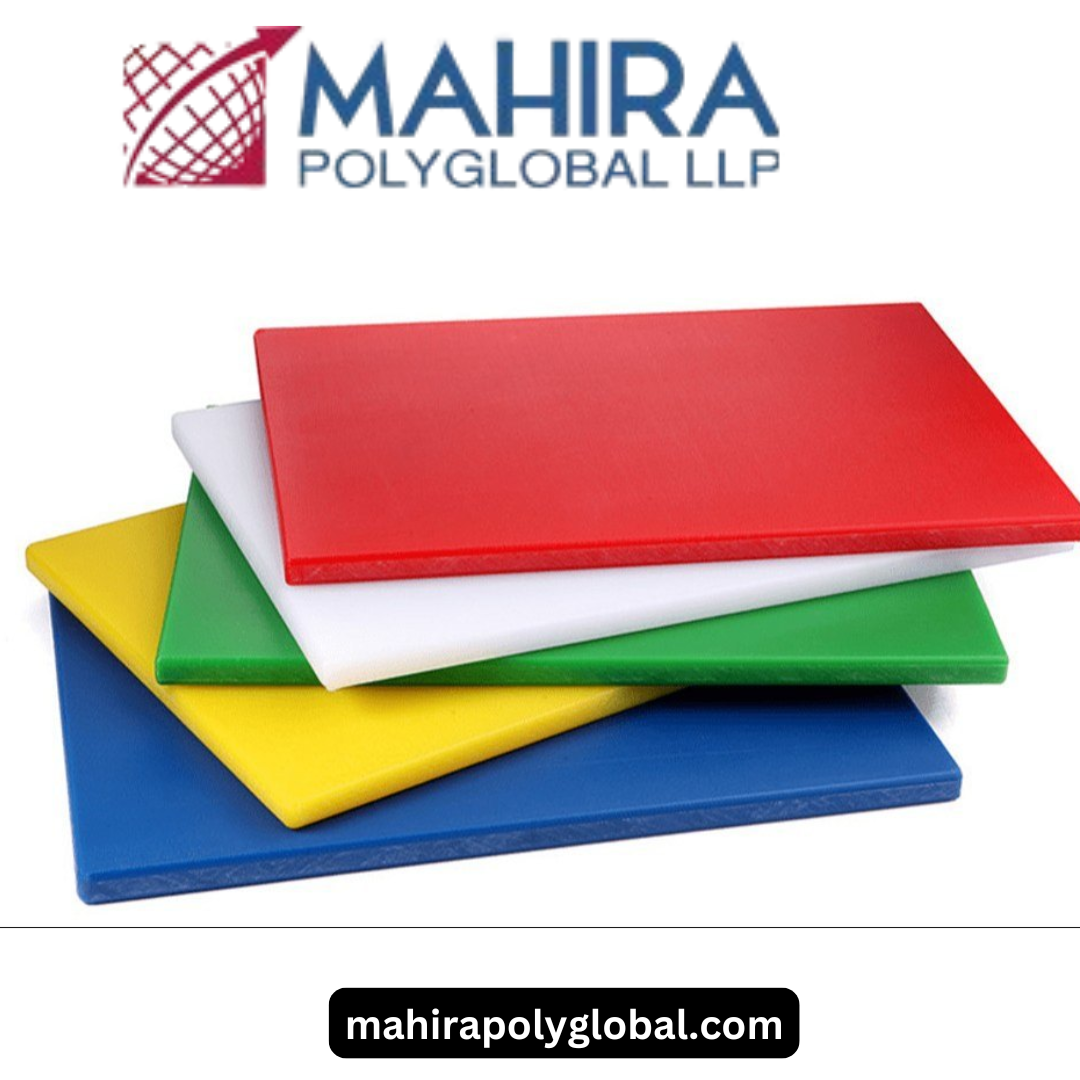HDPE Sheets: A Game-Changer in Construction, Packaging, and Industrial Applications

Introduction to HDPE Sheets
High-Density Polyethylene (HDPE) sheets have become a staple in various industries due to their exceptional properties and versatility. HDPE sheets plastic is a type of thermoplastic material that offers a unique combination of strength, durability, and resistance to chemicals and environmental factors. In this Mahira Polyglobal LLP, we will delve into the world of HDPE sheets, exploring their characteristics, applications, and benefits.
Properties of HDPE Sheets
Hdpe plastic sheets are known for their exceptional properties, which make them an ideal choice for a wide range of applications. Some of the key properties of HDPE sheets include:
- High density: HDPE sheets have a high density, which makes them more durable and resistant to impact and abrasion.
- Chemical resistance: HDPE sheets are resistant to a wide range of chemicals, including acids, bases, and solvents.
- UV resistance: HDPE sheets are resistant to UV rays, which makes them suitable for outdoor applications.
- High tensile strength: HDPE sheets have a high tensile strength, which makes them suitable for applications where mechanical strength is required.
Applications of HDPE Sheets
The Plastic HDPE sheets have a wide range of applications across various industries. Some of the most common applications of HDPE sheets include:
- Packaging: HDPE sheets are used in packaging applications, such as containers, bottles, and caps.
- Construction: HDPE sheets are used in construction applications, such as pipes, fittings, and geomembranes.
- Agriculture: HDPE sheets are used in agricultural applications, such as greenhouses, irrigation systems, and animal shelters.
- Industrial: HDPE sheets are used in industrial applications, such as tanks, containers, and machinery components.
Benefits of Using HDPE Sheets
The use of HDPE sheets offers several benefits, including:
- Cost-effective: HDPE sheets are a cost-effective alternative to other materials, such as metals and glass.
- Durable: HDPE sheets are highly durable and can withstand harsh environmental conditions.
- Low maintenance: HDPE sheets require minimal maintenance and are easy to clean.
- Recyclable: HDPE sheets are recyclable, which makes them an environmentally friendly choice.
Manufacturing Process of HDPE Sheets
The manufacturing process of Polyethylene roll involves several steps, including:
- Raw material selection: The first step is to select high-quality raw materials, such as HDPE resin and additives.
- Compounding: The raw materials are then compounded together to create a uniform blend.
- Extrusion: The compounded material is then melted and formed into a desired shape through an extrusion process.
- Cooling and finishing: The extruded material is then cooled and finished to create the final product.
Quality Control of HDPE Sheets
Quality control is an essential step in the manufacturing process of HDPE sheets. Some of the key quality control measures include:
- Material testing: The raw materials are tested for their properties and quality.
- Process control: The manufacturing process is controlled to ensure that the HDPE sheets meet the required specifications.
- Inspection: The final product is inspected for its quality and defects.
Conclusion
In conclusion, HDPE plastic sheets are a versatile and reliable material that offers a unique combination of strength, durability, and resistance to chemicals and environmental factors. HDPE sheets plastic is used in a wide range of applications across various industries, including packaging, construction, agriculture, and industrial. The use of HDPE sheets offers several benefits, including cost-effectiveness, durability, low maintenance, and recyclability.
Frequently Asked Questions
What is the difference between HDPE and LDPE?
HDPE and LDPE are both types of polyethylene plastics, but they differ in their molecular structure and properties. HDPE is high-density, making it more durable and resistant to chemicals, while LDPE is low-density, making it more flexible and suitable for packaging applications.
Can HDPE sheets be used in food-grade applications?
Yes, HDPE sheets can be used in food-grade applications, provided they meet the necessary regulations and standards. They are non-toxic and safe for use in food storage and handling.
What is the lifespan of HDPE sheets?
The lifespan of HDPE sheets depends on various factors, including their thickness, exposure to chemicals and environmental conditions, and maintenance. Properly maintained HDPE sheets can last for extended periods, typically between 10 to 20 years.
Can HDPE sheets be recycled?
Yes, HDPE sheets are recyclable, making them an eco-friendly choice for various applications. Many manufacturers promote sustainability by using recycled HDPE in their products, reducing waste and minimizing environmental impact.
- Questions and Answers
- Opinion
- Motivational and Inspiring Story
- Technology
- Live and Let live
- Focus
- Geopolitics
- Military-Arms/Equipment
- Безопасность
- Economy
- Beasts of Nations
- Machine Tools-The “Mother Industry”
- Art
- Causes
- Crafts
- Dance
- Drinks
- Film/Movie
- Fitness
- Food
- Игры
- Gardening
- Health
- Главная
- Literature
- Music
- Networking
- Другое
- Party
- Religion
- Shopping
- Sports
- Theater
- Health and Wellness
- News
- Culture

